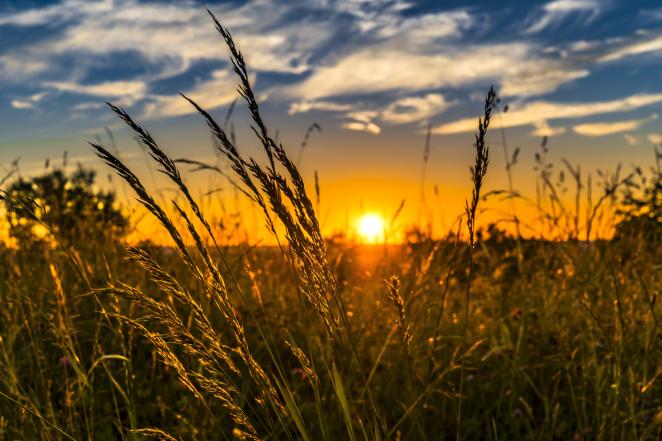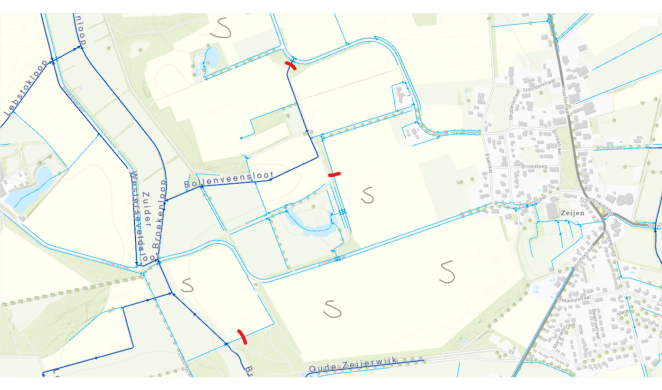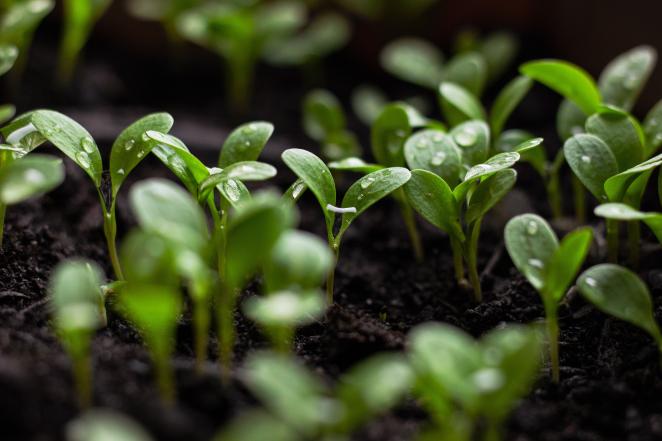Following the Blue Transition kick-off in Germany, things are now moving forward in the Dutch northern region of Drenthe and Groningen. Here, partners from the Province of Drenthe, Waterboard Hunze en Aa’s and Waterboard Noorderzijlvest are working on four pilots in total and - as plans and strategies fall into place - it’s time to further introduce the partners and relate their progress so far. First up is the Waterboard Noorderzijlvest, who have taken initial steps on several fronts.

Sustainable salinity solutions
Noorderzijlvest is responsible for two pilots within the Blue Transition project. One deals with optimizing the current polder-flushing system for de-salinization to ensure sufficient water of acceptable quality for irrigation in their area. Alternative measures are now being sought to effectively mitigate the effects of saline groundwater on surface water. By identifying bottlenecks in the system and providing effective and feasible solutions for local farmers, the waterboard aims to bridge the gap between theorized solutions and their practical applicability and effectiveness in terms of sustainable, climate-resilient land use and water management.

The IJssel lake. Credits: Alfred Grupstra
Effective freshwater conservation
The waterboard’s second pilot revolves around freshwater conservation and entails the investigation into the effectiveness of water conservation in small open waterways. This will provide insight into the potential side effects on both surface and ground water quality and quantity.
Niels Tienstra explains: ”We are studying how to retain water better while also looking at how we can use freshwater, brought in from the IJssel Lake, more efficiently. We want to link theory and practice, so we are doing a model study into the effects of water retention and also actively engaging with landowners. One of the main goals is raising awareness about the issues regarding freshwater, drought and water shortages.”

The locations of the weirs in Zeijen
Cooperating with farmers
Within the pilot area, a testing ground will be set up around the villages of Zeijen and Veenhuizen where cooperation with landowners on a small scale water-retention trials is central. Such trials will include the installation of weirs, adjustable drainage and soil treatment, for example. “The farming communities in Zeijen and Veenhuizen are enthusiastic and keen to get started,” says Niels.

Credits: onehundredseventyfive
Soil & water management plan
So far, all farmers in Veenhuizen have filled in a soil and water management plan (BedrijfsBodemWaterPlan, or BBWP). This plan is an online advisory tool which farmers can consult with regards to the most effective measures contributing to water of sufficient quantity and quality. Moreover, the tool helps farmers to plan such measures. Ultimately, the idea is to implement activities, in collaboration with the farmers, with a view to increasing water retention.

Example of a weir
Trials & investigations
Tienstra adds: “We are currently in the process of tendering works with an engineering consultancy (Arcadis) that delivers sustainable design solutions to install weirs at a number of locations in the vicinity of Zeijen and Veenhuizen. We will then monitor the effects of this trial.Furthermore, the Waterboard Noorderzijlvest has initiated a procurement procedure for an investigative model study on the effects of water retention in farm ditches.”
Credits: Deirdre Buist-Murphy, Provincie Drenthe
